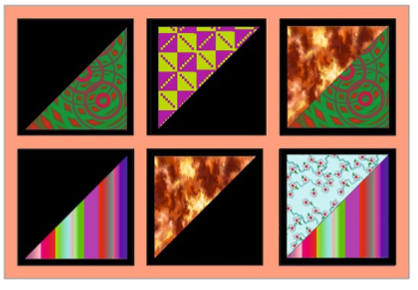2019-07-15

Since the days of Pavlov, associative learning has become a powerful tool to explain behavior of a large variety of organisms. One of the most prominent models of associative learning is the Rescorla-Wagner model. It assumes that different cues massively compete for associative strength. However, some studies have shown that predictions of the Rescorla-Wagner model fail under certain circumstances. Recently, it has been argued that failures of the model result from the systematic overestimation of the extent of cue competition. In our study, we aimed to test different levels of cue competition using an overexpectation design in which cues are being extinguished despite continuous presentations of reward. In a first experiment, we found no evidence for cue competition. For this reason, an additivity training was introduced into the second experiment to strengthen the level of cue competition. In the second experiment, we were able to demonstrate cue competition, however only to a moderate rather than a massive extent as is predicted by the Rescorla-Wagner model. Overall, these results show that cue competition can be modulated and that its extent indeed seems to be slightly overestimated by the Rescorla-Wagner model.

Since the days of Pavlov, associative learning has become a powerful tool to explain behavior of a large variety of organisms. One of the most prominent models of associative learning is the Rescorla-Wagner model. It assumes that different cues massively compete for associative strength. However, some studies have shown that predictions of the Rescorla-Wagner model fail under certain circumstances. Recently, it has been argued that failures of the model result from the systematic overestimation of the extent of cue competition. In our study, we aimed to test different levels of cue competition using an overexpectation design in which cues are being extinguished despite continuous presentations of reward. In a first experiment, we found no evidence for cue competition. For this reason, an additivity training was introduced into the second experiment to strengthen the level of cue competition. In the second experiment, we were able to demonstrate cue competition, however only to a moderate rather than a massive extent as is predicted by the Rescorla-Wagner model. Overall, these results show that cue competition can be modulated and that its extent indeed seems to be slightly overestimated by the Rescorla-Wagner model.